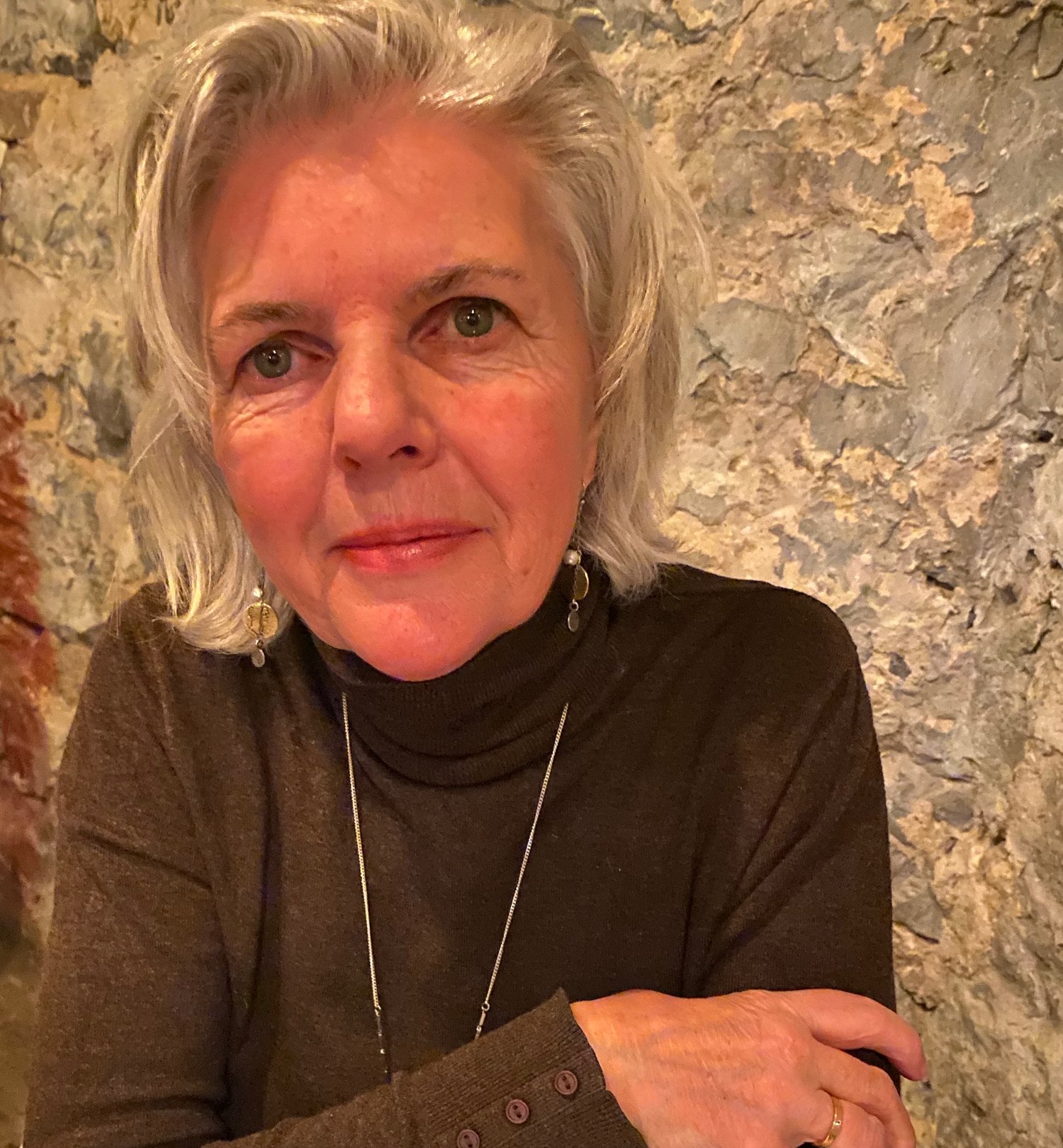The Story Lines In Our Lives
/
I once interviewed a paleontologist for a chapter in my novel Argonauta. I wanted his thoughts and feelings about discoveries of bodies on a dig, because there is a chapter where one of the characters and her team uncover a body I call ‘the unknown woman.’ Who determines the complex decision to move a coffin or a buried body? Is it realistic to have a memorial like I wanted to write? “It is very appropriate to respect a final resting place,” he affirmed, and then told me his other wild stories and discoveries on digs, but I’m not allowed to share.
I think back to this conversation as I reflect on the Publishing Residency week for my MFA program in Toronto. We listened to the agents, editors, publishers who knew the business of buying and selling stories. We were there to pitch our books. The value of our story would be measured by how well it could be told. The art exists in the arrangement of words, says author Philip Gerard. It’s a daunting exercise but if someone is going to pay $s for a story, I get it, the crafting better be good. After the pitch sessions there was a lot of conversation taking place but I’m not sure if anyone was listening.
The stories we pitched long to be told. Some will find their way out to the land of print, or digital, audio and maybe film. Like the wild discoveries of my paleontologist (acknowledged by name in my book) some may also remain in quiet conversations. Whatever the format, the story lines in our lives are for sharing because our stories help us understand who we are in relation to others, the big picture stuff (think about it) and maybe history (yes your life is important for more people than you realize).


